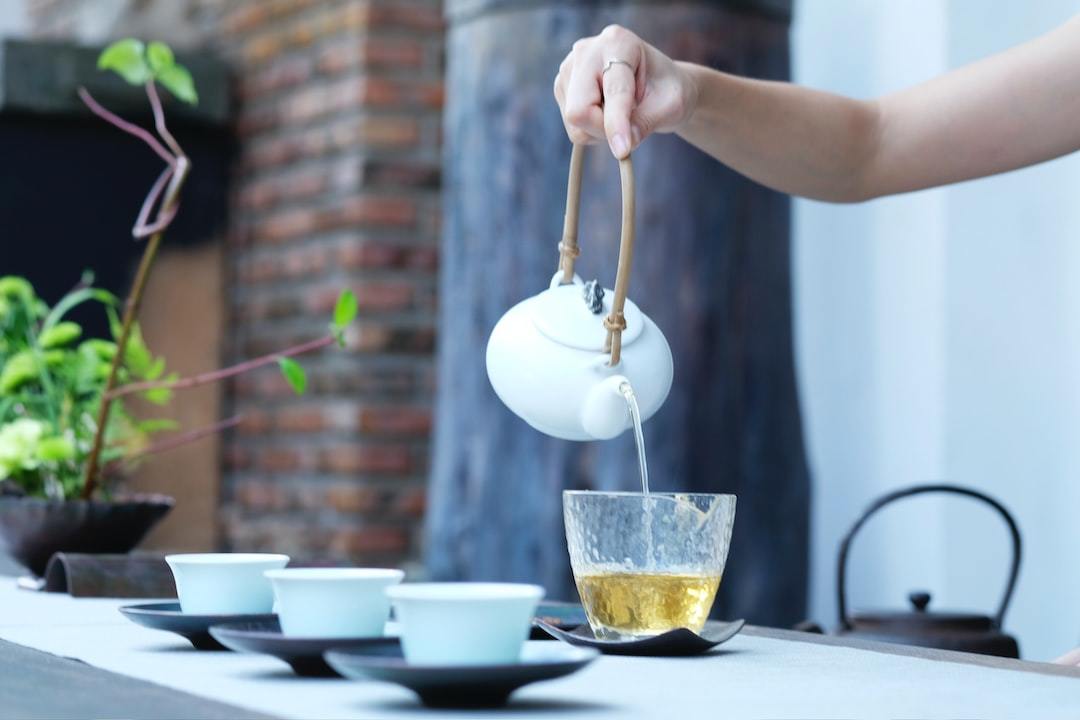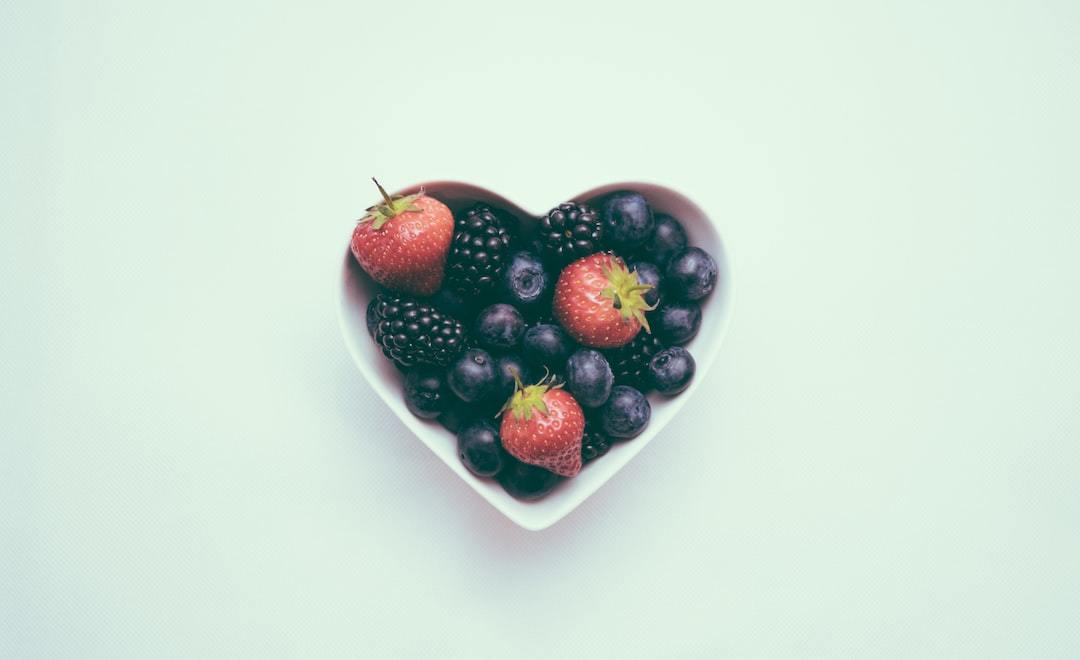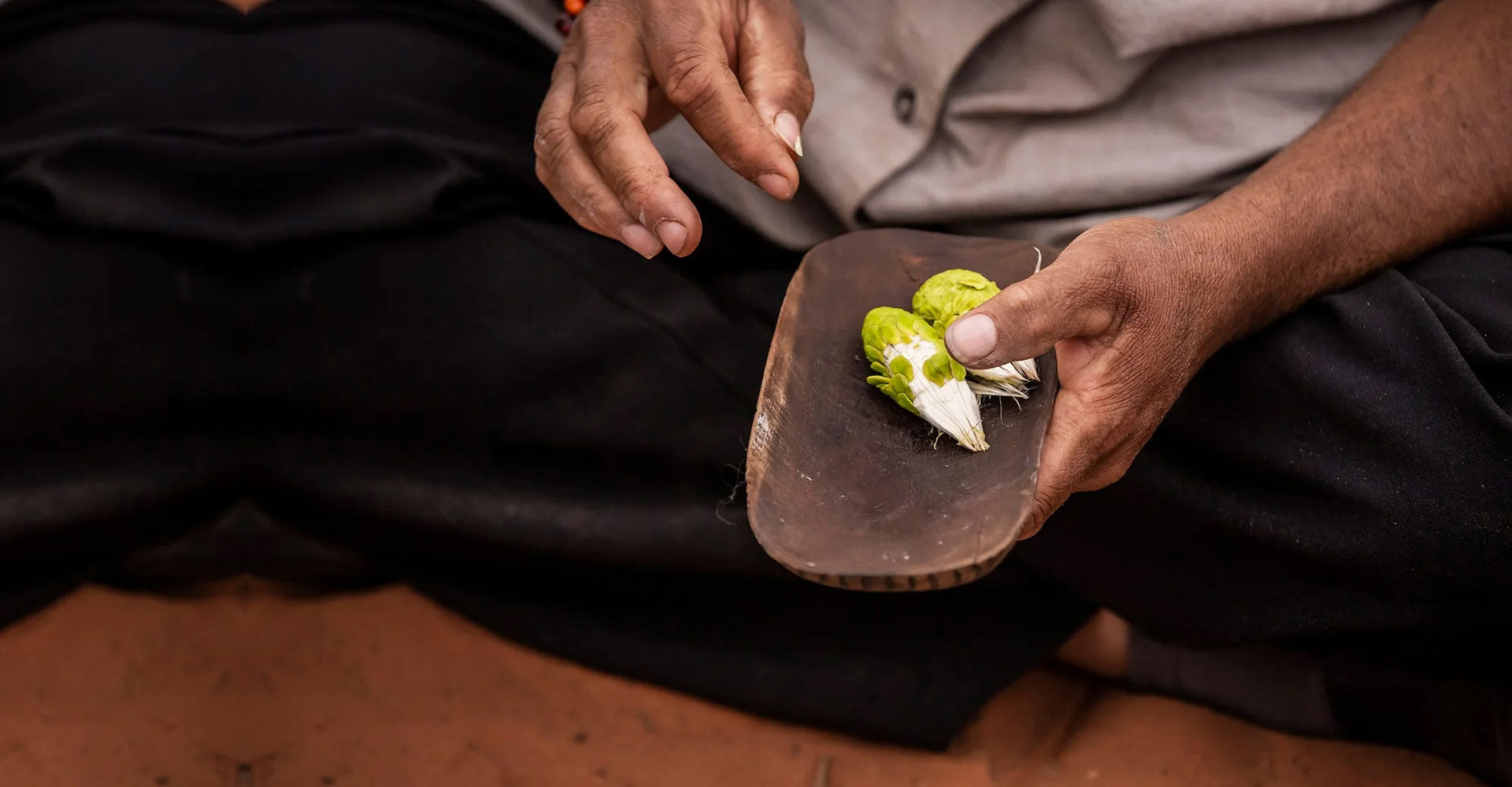
Exploring the Health Power of Antioxidant Tea Varieties
Antioxidant tea is a wellness game-changer. In fact, when it comes to boosting your health and fighting off harmful free radicals, it's your #1 ally. Saying this, what even is an antioxidant tea and what does it actually consist of?
How you properly brew it for maximum benefit is what separates the casual sipper from the true tea connoisseur. If you don't know how to extract those powerful antioxidants effectively, you'll never fully reap its potential. Brewing a perfect cup of antioxidant-rich tea can be tricky, and that's why today we've decided to dedicate this blog post to how to make the most out of your tea drinking experience. What's more, we will dive into the benefits of lemon myrtle tea and what makes that the perfect choice to achieve maximum antioxidant activity.

Table of Contents:
- The Global Popularity of Tea and Its Health Benefits
- Exploring the Health Power of Antioxidant Tea Varieties
- The Role of Caffeine in Tea
- Exploring the Health Power of Antioxidant Tea Varieties
- Capitalizing on Lemon Myrtle for Your Product Line
- Future Trends in Antioxidant-Rich Beverages
- FAQs in Relation to Antioxidant Tea
- Conclusion
The Global Popularity of Tea and Its Health Benefits
With billions of people worldwide enjoying its aroma, tea is more than just a beverage. It's recognized for its numerous health benefits that are largely attributed to the potent antioxidants it contains. Research indicates daily consumption of tea can significantly reduce mortality rates from various kinds of disease.
Beyond Antioxidants: The Multifaceted Health Effects of Tea Consumption
Different types of teas come packed with varying levels of antioxidants such as catechins in green teas or thearubigins in black varieties. But their beneficial properties extend beyond this increased antioxidant activity.
- Antibacterial effects - certain compounds found within different types of tea have shown strong antibacterial activities.
- Mental relaxation - elements like L-theanine induce calming effects which contribute towards mental well-being.
- Sugar regulation - various individual tea compounds aid in regulating blood sugar levels making them suitable for diabetic individuals.
Australian Botanical Teas: A Refreshing Alternative Offering High Antioxidant Levels
In light of increasing consumer demand for beverages offering high antioxidant content, manufacturers might consider experimenting with novel ingredients outside traditional choices.
One promising alternative comes from Australia's native botanicals, including Lemon Myrtle, known not only for its unique flavor profile but also potential health benefits stemming primarily from the gallic acid introduced during processing.
This natural compound enhances the already impressive list that lemon myrtle brings along, thereby boosting the overall wellness quotient associated with consuming this delightful Aussie brew.
Taking into account future trends focusing on functional beverages richly endowed with antioxidative components, incorporating these indigenous alternatives could be a key strategy that leading industry players need to adopt to stay ahead of the curve while simultaneously catering to evolving market demands that are increasingly leaning towards healthier product offerings.
Tea, a global favorite enjoyed by billions, offers more than just flavor. Its high antioxidant content contributes to numerous health benefits like reducing ischemic disease risk and regulating blood sugar levels. Exploring non-traditional sources such as Australian botanicals could enhance these benefits further while catering to the growing demand for healthier beverages.
Exploring the Health Benefits of Antioxidant Tea Varieties

If you're looking to boost your health and vitality, antioxidant tea is an excellent choice. In particular, Lemon Myrtle, a plant native to Australia, offers increased antioxidant activity that can contribute significantly to overall wellness.
The Power of Antioxidants in Lemon Myrtle Tea
Lemon myrtle not only boasts a delightful citrusy flavor but also helps achieve maximum antioxidant activity. When compared with other optimal tea varieties such as green teas or black tea, theaflavins prevent cellular damage caused by free radicals - harmful molecules linked with chronic diseases and aging.
Brewing lemon myrtle for your daily cuppa allows these antioxidants to be released from the dried tea leaves into your drink. Interestingly, research shows that this antioxidant activity increases with longer brewing time; however, it's essential not to overdo it as after a certain point, antioxidant activity decreases.
Enhancing Your Health with Lemon Myrtle Tea
Antioxidant-rich beverages like lemon myrtle offer multiple health benefits. From boosting immunity and skin health through its individual tea compounds rich in Vitamin C and Euchloric acid respectively, they also aid digestion due to their high fiber content which comes from finely crushed tea leaves used during the preparation process.
In addition to being deliciously refreshing when brewed correctly following traditional brewing guidelines, studies show that adding gallic acid monohydrate (commonly found in fruits) further enhances its beneficial properties by increasing its total polyphenol content – another powerful group of antioxidants.
Determining Optimal Brewing Time for Enhanced Antioxidants
Brewing time is not just about achieving a desired taste; it has profound implications on antioxidant activity too. The duration you allow your tea to steep can impact how much beneficial compounds are extracted from dried tea leaves into your cup.
A study published by Nutrients Journal demonstrated that longer brewing times could either increase or decrease antioxidant activity, depending upon individual tea compounds such as EGCG and ECG,
Selecting Ideal Teas for Maximum Antioxidant Activity
If you're aiming to achieve maximum antioxidant activity, selecting optimal varieties and preparation methods becomes crucial.
- To further enhance extraction efficiency when preparing your brew, consider finely crushing or grinding dried tea leaves which increases surface area contact between water and leaf particles leading to higher release rates of beneficial components including gallic acid monohydrate.
- In addition, keep an eye out on factors like brewing temperature because according to research, increased heat may completely extract caffeine but also lead to decreased levels of certain antioxidants.
Capitalizing on Lemon Myrtle for Your Product Line
In the world of manufacturing, innovation is key. One such opportunity lies in leveraging unique ingredients like lemon myrtle - an Australian botanical known for its distinctive flavor and health benefits.
Lemon Myrtle Versus Traditional Teas: A Comparison

When juxtaposed with conventional teas such as green or black varieties, lemon myrtle emerges as distinct due to its unique composition. Its high citral content lends a refreshing citrusy aroma while also contributing towards antioxidant properties.
This positions it as an appealing alternative for consumers seeking beyond traditional tea options. Furthermore, incorporating finely crushed dried leaves of lemon myrtle can optimize extraction efficiency, leading to increased antioxidant activity in your products - achieving maximum antioxidant activity becomes feasible.
Promoting Health Benefits: Marketing Strategies
The current market trend shows a surge in consumer interest towards natural and healthy beverages; this opens up significant opportunities for manufacturers. The rich antioxidants present in lemon myrtle make it a perfect candidate to cater to these demands.
You could leverage these advantages into marketing strategies that highlight the potent antioxidative nature of your product line featuring lemon myrtle, unlike some green teas where their antioxidant activity decreases over time. Sourcing quality raw materials plays a crucial role here. At Australian Native Products, we ensure our botanicals are grown using sustainable farming methods devoid of synthetic fertilizers or pesticides, enhancing appeal among eco-conscious customers.
Future Trends in Antioxidant-Rich Beverages
The landscape of the beverage industry is evolving, with a significant pivot towards healthier and more natural options. The modern consumer seeks drinks that not only quench their thirst but also offer health benefits such as increased antioxidant activity.
In response to this trend, manufacturers are exploring novel ingredients like Lemon Myrtle, Anise Myrtle, and Riberry - native Australian botanicals known for their high antioxidant content.
Lemon Myrtle: A Game-Changer in the Beverage Industry
Recent research has shown that lemon myrtle outperforms traditional teas like green or black tea when it comes to antioxidant activity. This makes it an attractive ingredient for manufacturers aiming to stay ahead of market trends while meeting growing consumer demand for healthy beverages.
Beyond its impressive health profile, lemon myrtle offers a refreshing citrus flavor which can be leveraged by innovative brands looking to create unique offerings within the crowded beverage sector.
Sustainability: Key Ingredient For Future Success
In today's environmentally-conscious world, sustainability isn't just good practice - it's business-critical. As demand grows for plant-based ingredients like those found in our optimal tea varieties, sustainable farming practices become even more important than ever before.
To ensure we're part of this solution rather than contributing further problems, we follow strict sustainable farming methods providing assurance that both quality and taste aren't compromised during the cultivation process; essential factors needed for creating successful beverages that appeal to consumers' increasing desire for healthier choices without sacrificing flavor enjoyment.
FAQs in Relation to Antioxidant Tea
Which tea has the highest antioxidants?
Green tea is renowned for its high antioxidant content, particularly epigallocatechin gallate (EGCG) and epigallocatechin (ECG) however studies have shown that Lemon Myrtle has even more antioxidants than green tea.
What antioxidants are found in tea?
Different teas contain varying types of antioxidants. Green tea is rich in catechins like EGCG and ECG, while black teas have theaflavins and thearubigins.
What is the healthiest tea to drink daily?
The healthiest choice depends on individual needs. However, Lemon Myrtle tea offers a good balance of taste, it's caffeine free, and full of potent antioxidants beneficial for overall wellness.
Conclusion

Antioxidant tea is a treasure trove of health benefits.
We've journeyed through its global popularity, the power-packed antioxidants it contains, and even discovered that brewing time can be the secret weapon to unlock maximum antioxidant activity.
And who could forget lemon myrtle? This Australian native plant offers a refreshing alternative with an extra boost of antioxidants.
Incorporating this gem into product lines could be a game-changer for manufacturers looking to ride the wave of health-conscious trends.
The future looks bright for antioxidant-rich beverages as consumers continue their quest for healthier options.


